10 Ways to Slash Your Risk of Breast Cancer
Every three minutes a woman is diagnosed with breast cancer in the United States. Four women die from breast cancer every hour.
But despite these scary statistics, there is good news: research shows that lifestyle plays the biggest role in your risk for cancer. And in fact, genes only account for 5-10% of cases.
The food you eat, the substances you’re exposed to, and your level of physical activity impact your body’s production and function of hormones, inflammatory substances and immune factors that have the power to promote… or prevent cancer.
Here are 10 ways you can help to reduce your risk of breast cancer:
#1 – Balance Your Blood Sugar to Reduce Breast Cancer Risk
One of the most important elements in preventing cancer is keeping your blood sugar stable. High-glycemic foods fuel cancer’s fire by elevating insulin – a cancer-promoting hormone. But that’s not all. Sugar also depresses your immune system, giving cancer cells a dangerous window of opportunity to multiply and divide while the body’s defenses are down (learn more about the research on cancer and the glycemic index) .
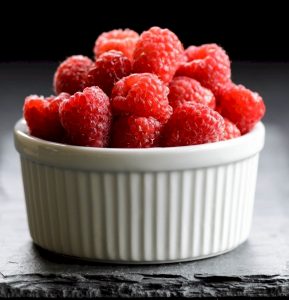
Protect yourself by enjoying low glycemic foods and choosing foods that help to reduce the glycemic impact of your meals. You’ll be glad to know that all of the recipes and menus here at Healing Gourmet are low glycemic for optimum wellness.
#2 – Boost Omega-3 Fats & Monounsaturated Fats
In the U.S. 80% of the fats we consume are omega-6’s. And that’s a dangerous thing because omega 6 fats (found in vegetable oils like corn and soybean oil) promote inflammation and turn on genes that fuel the cancer process. Omega-3’s on the other hand, supply the antidote. Not only do these healthy fats (found in cold water fish like wild salmon, mackerel and sardines, plus flaxseed, walnuts, chia and grass-fed beef) provide potent anti-inflammatory action, they also up-regulate the genes that guard against cancer. Aim for at least 1 gram of omega-3s daily – opt for a high quality fish oil supplement (like Carlson’s) or a serving of oily wild fish.
Like the omega 3 fats, monounsaturated fats – like those found in avocados, avocado oil, olive oil, macadamia nuts and almonds – have powerful anti-cancer action. According to most experts, and based on our Paleolithic genes, these fats should comprise the majority of your diet.
#3 – Increase Antioxidants to Lower Breast Cancer Risk
Every day each cell in your body is attacked 10,000 times by free radicals. These rogue molecules damage DNA and can set the cancer process in motion. That’s why it’s important to enjoy foods that are naturally rich in antioxidants as well as boost your body’s own master antioxidant, glutathione.
# 4 – Avoid Toxins and Hormone Mimics to Fight Breast Cancer
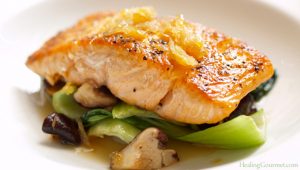
Rachel Carson pioneered the awareness of how environmental toxins promote breast cancer in her award-winning book, Silent Spring.
We now know that there are a myriad of substances that hamper our hormonal harmony including PCBs in farmed fish and conventional meats, bisphenol-a (BPA) and other hormone-like substances in plastic bottles, can liners and food wraps, pesticides on conventionally-grown produce and even food additives and artificial sweeteners.
Avoid cancer-promting toxins and hormone disruptors to help reduce your risk of breast cancer.
#5 – Enjoy Some Sun to Keep Cancer at Bay
The sunshine vitamin is finally getting the credit it is due. When sunlight hits your skin, it produces vitamin D, which is converted to a powerful hormone that has been found to halt the growth of a number of cancers. And Harvard researchers recently found an inverse relationship between vitamin D levels and breast cancer. Get more vitamin D by exposing your body to sunlight for 15-20 minutes, 3-5 times per week or take a high quality vitamin D supplement (like Carlson’s). Aim for 2,000 to 4,000 IU daily and consider getting your vitamin D levels checked.
#6 – Get Enough Rest

When you sleep, your body produces an important cancer-fighting substance called melatonin, which triggers a reduction in the production of estrogen. Melatonin is secreted in response to darkness. So it is important to sleep in a dark room and rest soundly through the night.If melatonin production is low, estrogen levels will rise and could promote the growth of breast cancer. So power down the TV and computer at least an hour before bed and look to natural sleep-aids like melatonin or valerian to help you get your zzz’s.
# 7 – Slim Down
Fat cells don’t just sit there. They release inflammatory compounds called cytokines that can boost cancer risk. Get your weight under control with regular, vigorous exercise and the portion-controlled, nutrient-rich recipes here at Healing Gourmet.
# 8 – Beware of Booze
Excess alcohol consumption sharply raises your risk of breast cancer. But recent research shows that taking 800 mcg of folate daily negated the increased risk associated with alcohol. If you choose to drink, drink only in moderation (this means 1 drink/day for women) and make sure you’re getting enough folate through a high-quality whole foods vitamin and folate-rich foods like leafy greens, asparagus, chickpeas and more.
# 9 – Enjoy Cancer-Fighting Food Families
A number of foods, herbs and spices have been shown to provide powerful cancer-fighting activity. Some of the most potent known include the cruciferous vegetables (providing glucosinolates), leafy greens (offering lutein), tomatoes (bursting with lycopene), mushrooms, turmeric (rich in curcumin), rosemary, onions and garlic (fragrant with sulfur compounds). And remember, it’s important to enjoy whole foods because these nutrients work together, or synergistically, to produce the beneficial effects.
#10 – Cook to Fight Cancer
While many nutrients get a boost from heat, cooking at high temperatures can cause carcinogenic compounds to form. Opt to cook your pasture-raised, grass-fed meats and wild fish at lower temperatures to prevent the formation of heterocyclic amines (HCAs) and lipid oxidation products (LOPs). And avoid carb-rich foods cooked at high temperatures too (like chips, crackers, cereals) that can contain acrylamide.

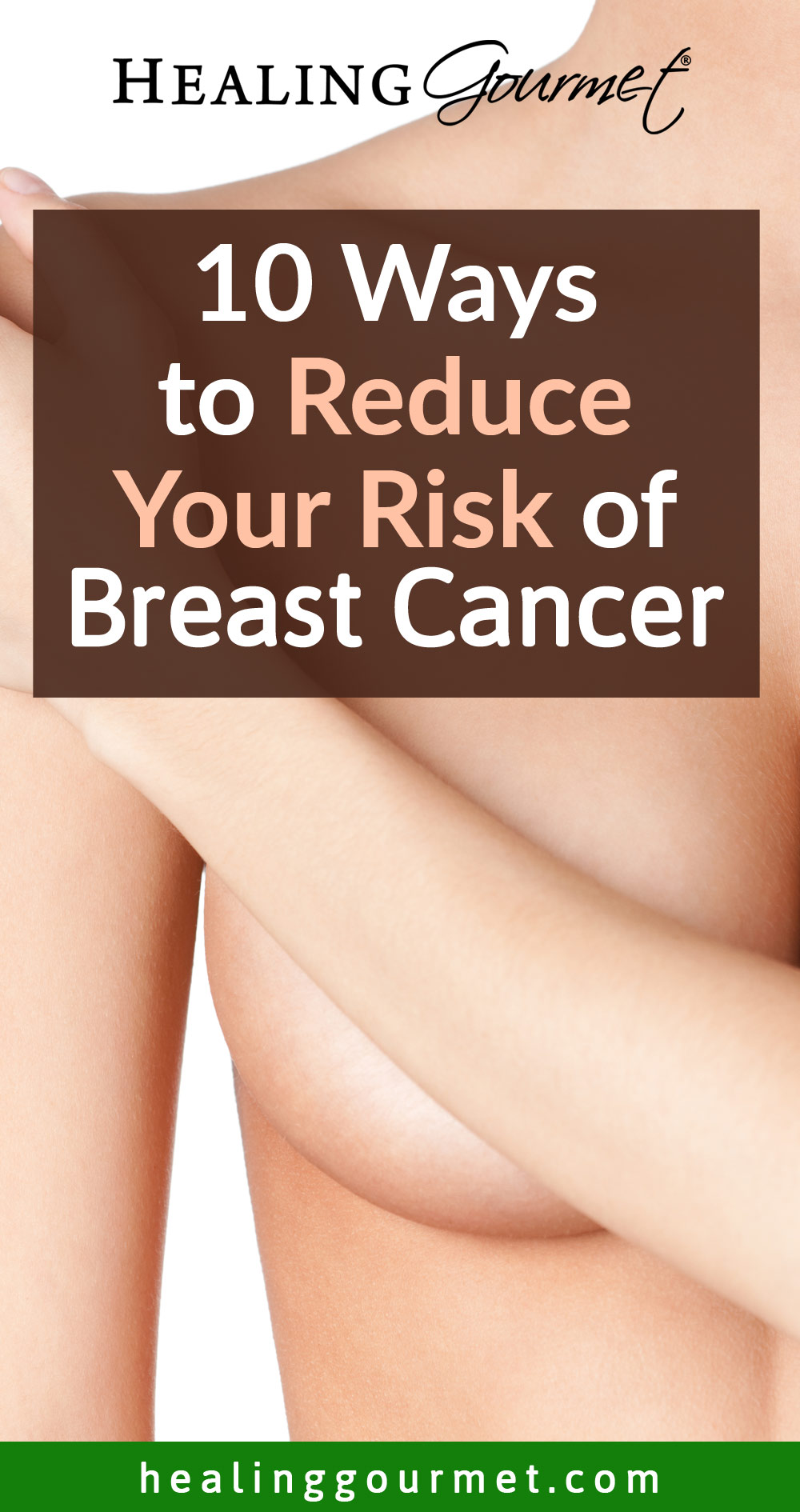
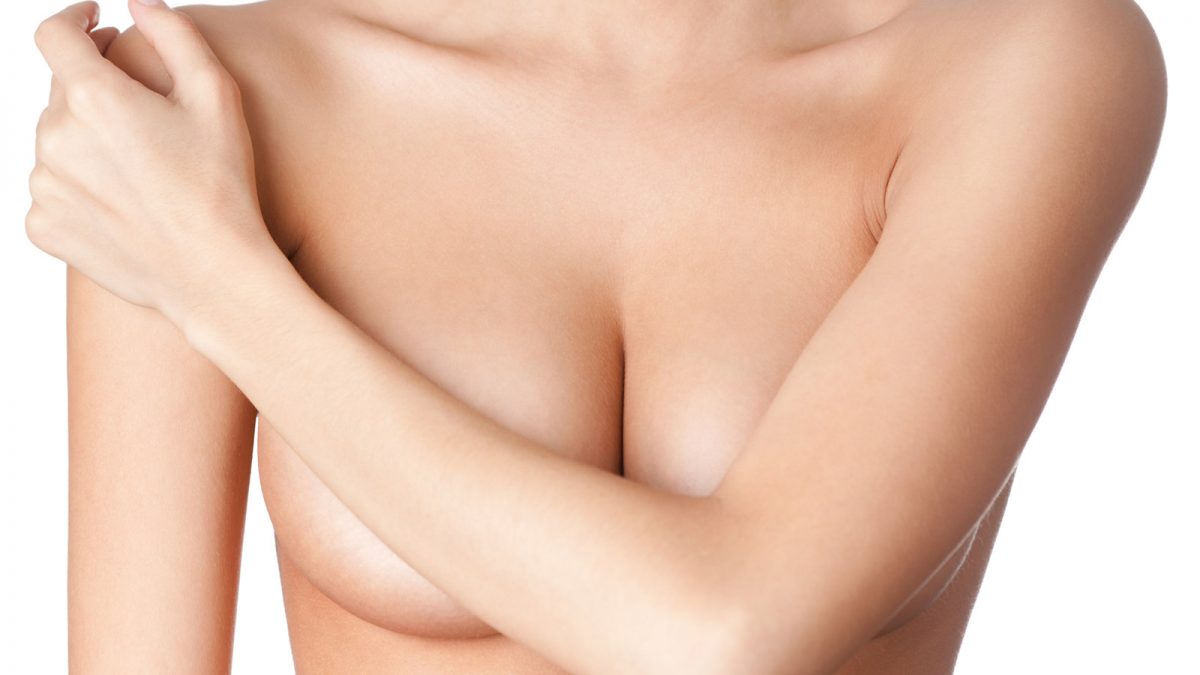
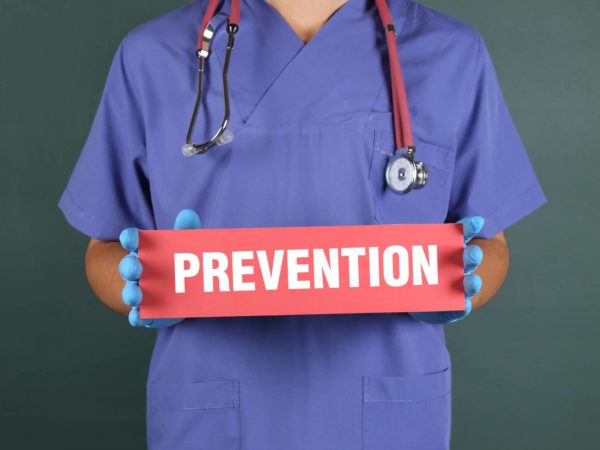
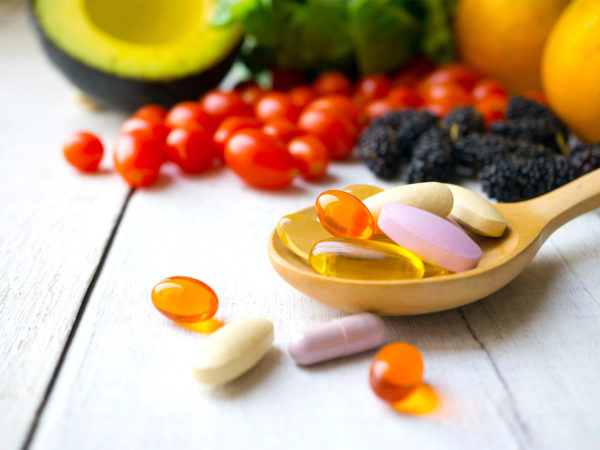
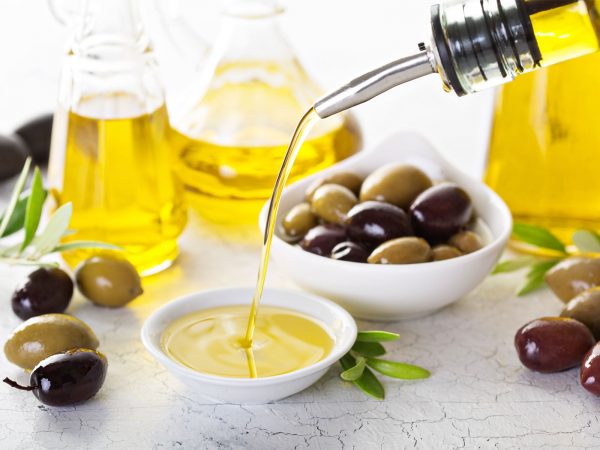
Leave a Reply